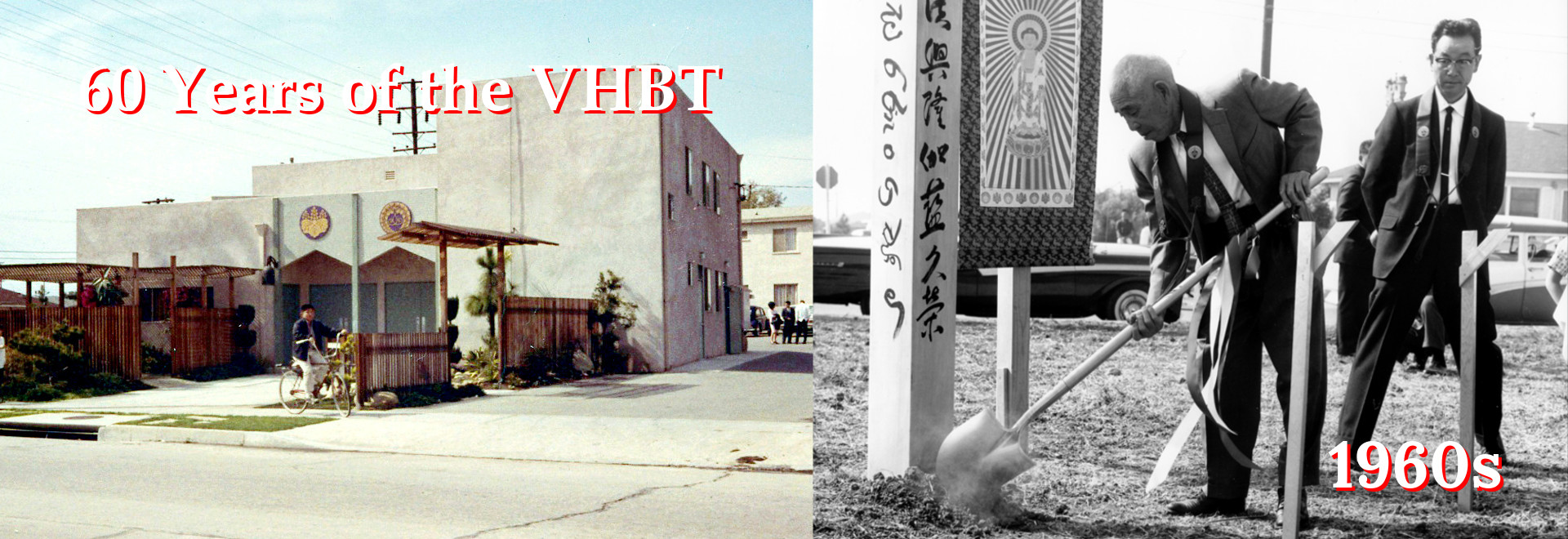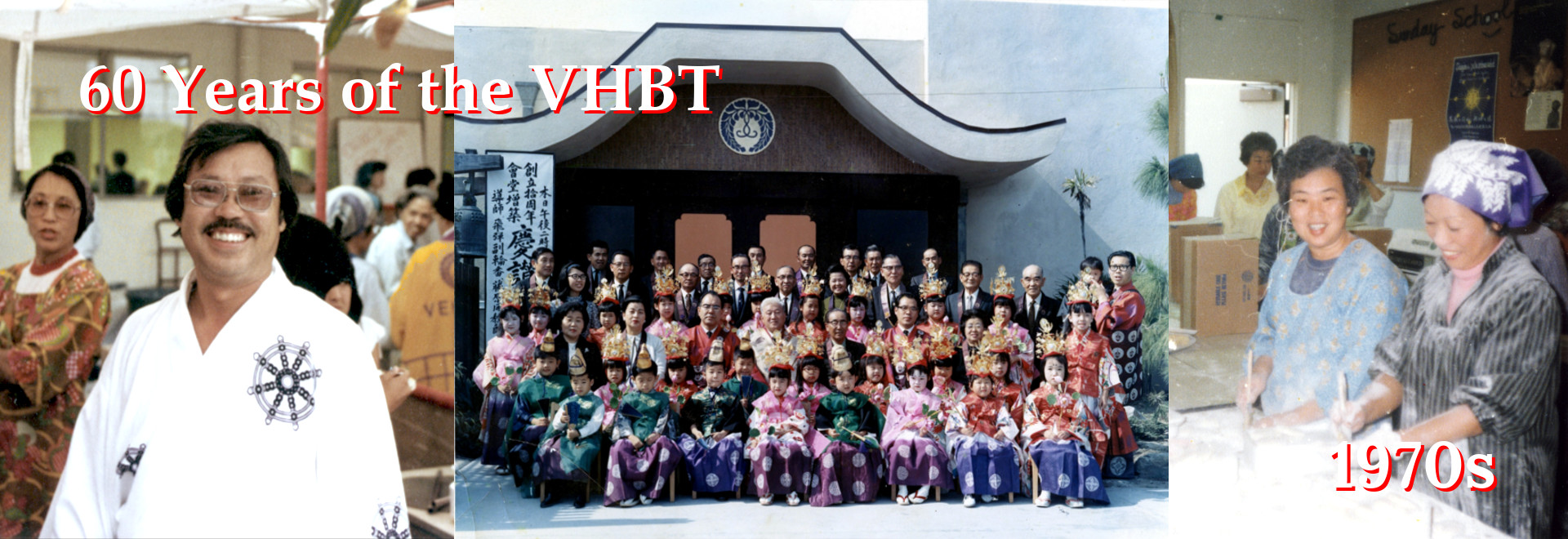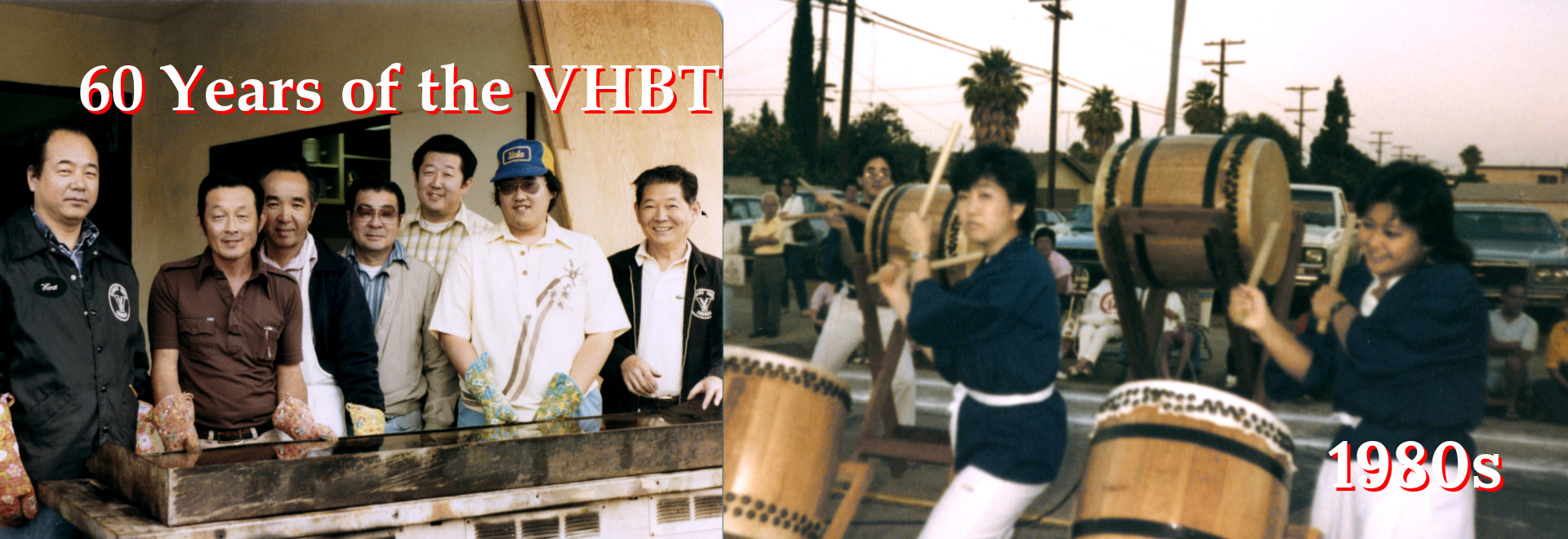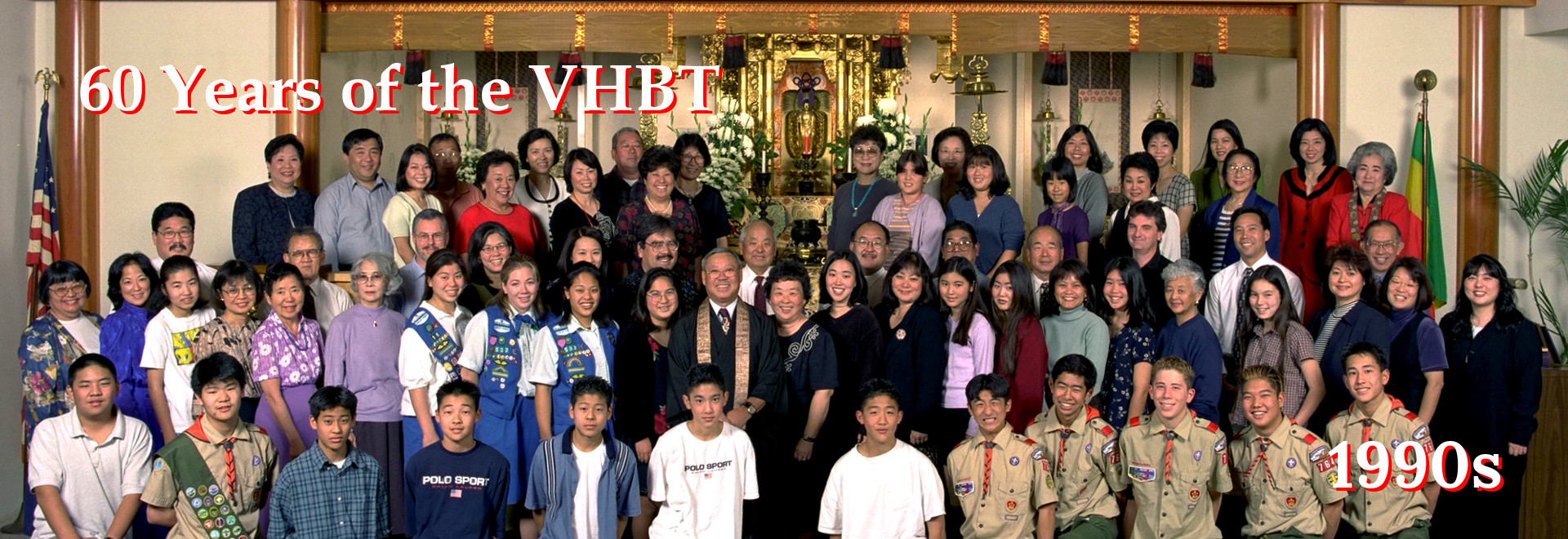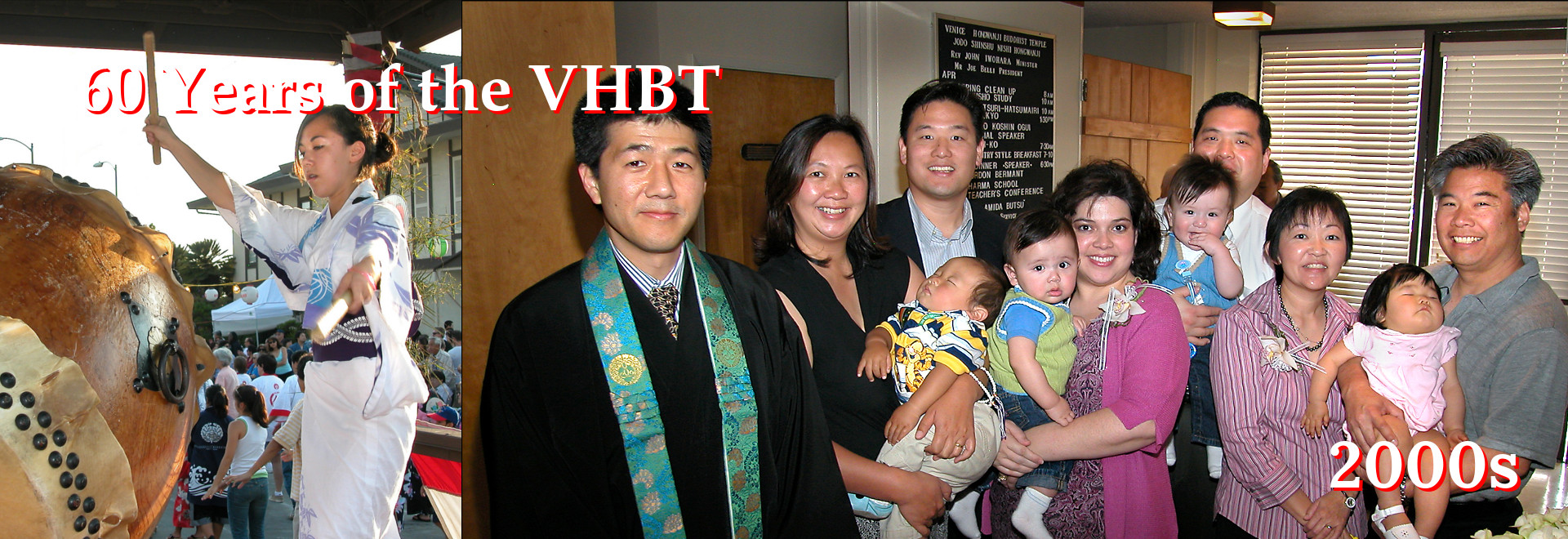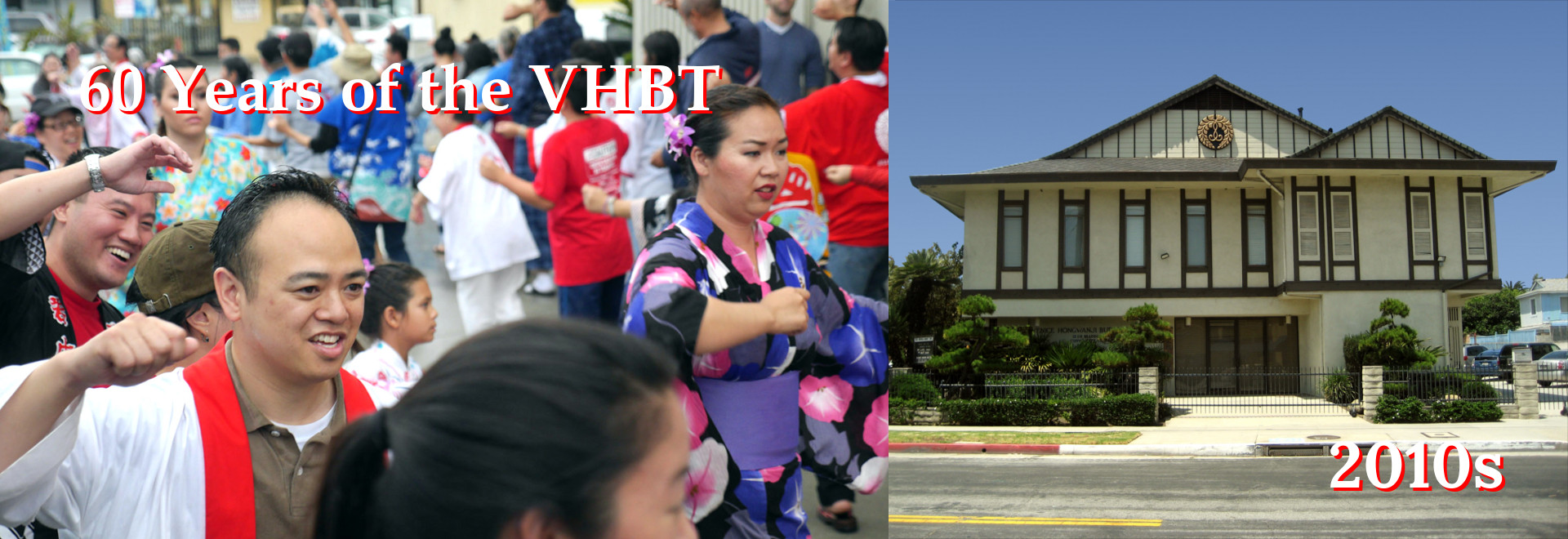In one of my favorite scenes from The Simpsonʼs, Homer Simpson is talking to God, who is asking Homer why he doesn’t go to church. Homer answers by saying that he doesn’t want to go somewhere that just keeps telling him how bad he is. God then replies by saying, “You have a point.” Although no particular denomination is mentioned in The Simpsonʼs, Jodo Shinshu also tends to emphasize the “evil nature of man” (this is called akunin shouki, or “the evil person is the true object of salvation” in Jodo Shinshu). Why is there a need to speak of such things, especially given that we, much like Homer, tend to not like to hear this about ourselves?
A common goal that the Universal religions have is to help us to see what is obvious. This is sometimes easily missed because often these religious teachings also talk to us about the sublime. However, in talking to us about both what is obvious and the sublime, we are probably being helped to also see that in many cases the obvious is, at the same time, sublime. Religion, in other words, helps us to see the divine in the mundane. It helps us to see the beauty in the everyday. This, in my opinion, is a tremendous gift that the wisdom of the past is trying so very desperately to pass on to us. This goal is much different from the emphasis that I spoke about to start this essay. Why not focus on this instead?
Part of the problem is that we, unfortunately, also tend to get caught up in “me, myself, and I.” We donʼt have time to worry about others, and especially others from a past that we are so easy to devalue as antiquated. We sometimes get so caught up in “me, myself, and I” that we often donʼt care about what happens to the other person. We will, for example, behave rudely to others. We will, in the case of bullying, even enjoy hurting another person. Sometimes, and this is the danger that Buddhist Karma tries to warn us of, we do these things so often that we begin to stop noticing that we are doing it at all. We become habituated to our bad acts. We become rude, we become the bully. When we become this “thing,” and in particular when we have no consciousness of it, how much chance do we give ourselves to see the sublime?
In terms of religious language, this “thing” that I am speaking of is often given the title of “evil.” We typically need to understand this before we can receive the gift from our past. We need to understand what prevents us from receiving before we are able to receive. It is not always easy. But, if we keep in mind the riches we can receive if we allow ourselves to receive, then knowing this “thing” about us, understanding our “evil,” is not such an obstacle. When we open ourselves up to this potential then we are helped to see things such as the loving embrace of a parent for their child. This is not so rare an event that many would deem this as especially awe inspiring. On the other hand, however, in that relationship we discover that in the arms of the parent, although the child has not changed, the child is also no longer the same.
Rev. John Iwohara
June, 2013
